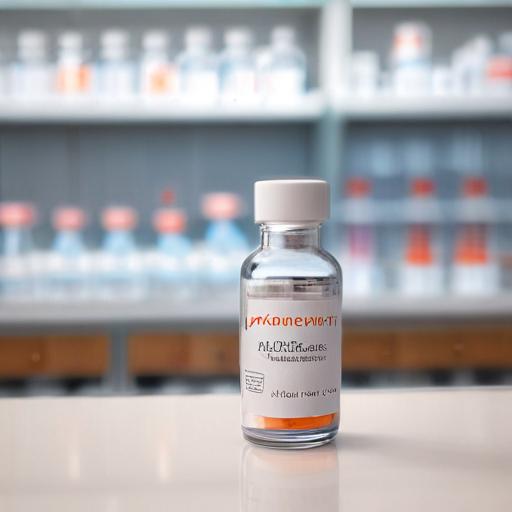Ed Silverman, a veteran journalist with nearly 30 years of experience in the pharmaceutical sector, continues to provide insightful coverage of the industry through his columns and newsletters at STAT.
In recent developments, Moderna has announced promising results from a study involving 56,000 volunteers over the age of 50, which suggests that its new mRNA influenza vaccine outperforms existing flu shots by 27%. This increased efficacy could position Moderna’s vaccine as a preferred choice, especially considering its comparable safety profile. Experts like Andy Pavia from the University of Utah have noted the significance of this data, while David Boulware from the University of Minnesota emphasized its potential to become the flu vaccine of choice for the aging population. However, there remain concerns about how the U.S. Food and Drug Administration will respond, given a recent wave of skepticism towards mRNA vaccines.
On another front, U.S. health officials have engaged with major retailers such as Walmart and Amazon in a bid to enhance access to medications. The discussions aim to find ways to streamline the process through which Americans acquire their medications directly from manufacturers, potentially driving down costs. While Walmart has begun offering prescription deliveries, Amazon is positioning itself in this market with its own pharmacy division. The outcomes of these meetings could herald significant changes in how consumers interact with the pharmaceutical market.
These developments reflect ongoing efforts to improve healthcare options and accessibility, highlighting a proactive approach in the pharmaceutical and retail industries.
Overall, the advancements in vaccine efficacy and the evolving landscape of medication procurement suggest a future where healthcare is more effective and accessible for all individuals.
